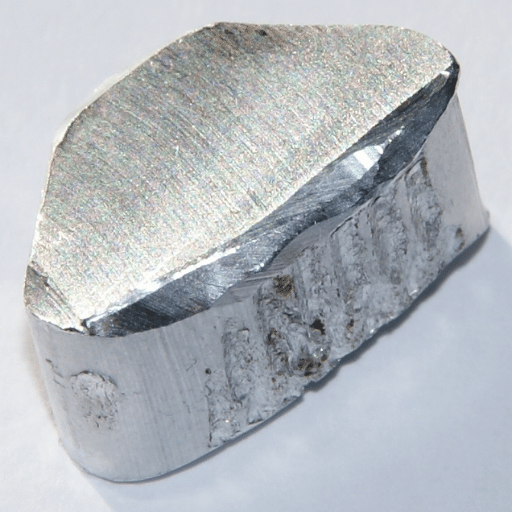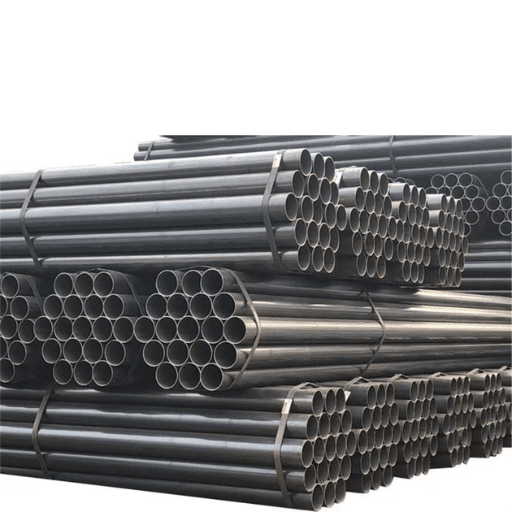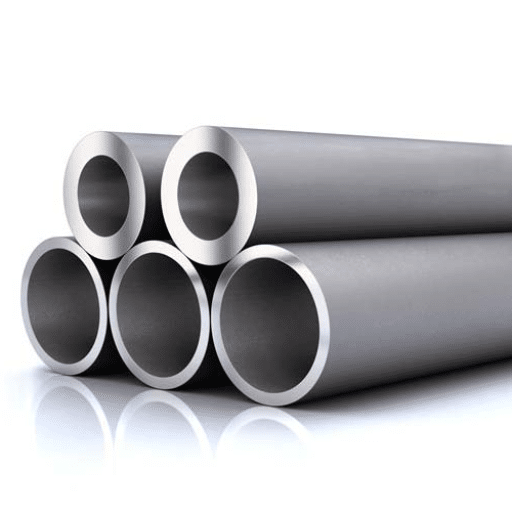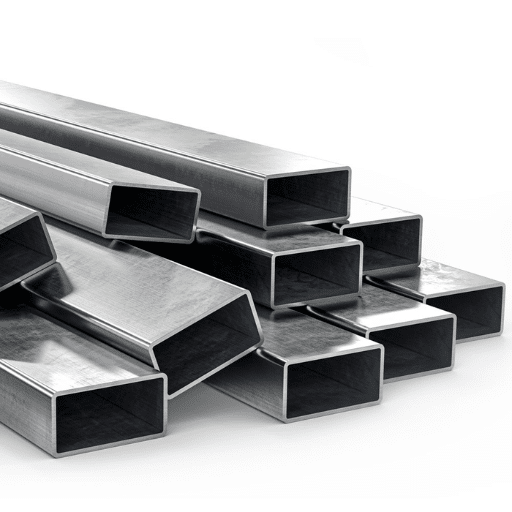Titanium and stainless steel always seem to come to the top of the list when thinking of the best metals for use in functions such as manufacturing because of their remarkable properties and adaptability. These metals come from different industries such as aerospace, medicine, construction, etc., and are known for their strength, durability, and corrosion resistance. Even though metals have so many characteristics in common, there are critical differences as well that make one metal more suitable to use than the other. For example, if a medical implant, tools, or even a manufacturing project is on the checklist, knowing their differences is crucial. The objective of this article is to compare both of these metals, considering their uniqueness and pros and cons, so that a clear choice regarding which material is superior for the intended purpose can be made.
What is the Titanium vs Stainless Steel Composition?
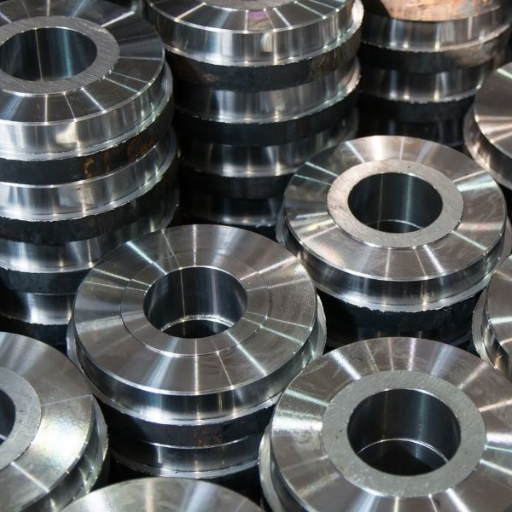
Titanium’s key component is titanium itself (Ti). To optimize strength, resistance to corrosion, and thermal stability, small portions of aluminum, vanadium, or other elements may be added. On the other hand, stainless steel is mainly an alloy of iron (Fe) in combination with different amounts of chromium, nickel, and sometimes molybdenum or manganese for added corrosion resistance and better workability. The fundamental distinctions between the two metals stem from the core components and technique of alloying, which give them different properties and functions.
Understanding Stainless Steel and Titanium Properties
both stainless steel and titanium have their distinct advantages relative to the application at hand. Durability, cost, and resistance to corrosion? That’s stainless steel’s forte. Just look at food processing equipment and architectural frameworks for examples. But when corrosion resistance, extreme temperatures, and a need for a lightweight material come into play? Look no further than the aerospace and medical industries for examples of titanium parts. The decision is simply made by determining the particular use case of your project.
The Difference Between Titanium and Stainless Steel
the comparison between titanium and stainless steel appears to differ based on the particular needs of your application. Both materials are astonishing in their own ways, but they excel due to differing properties. Here’s a breakdown to help clarify:
- Strength-to-Weight Ratio: In cases such as aerospace or prosthetics, where weight is critical, titanium is the undisputed material of choice due to its outstanding strength, up to 45% lighter than stainless steel.
- Corrosion Resistance: Both materials are corrosion-resistant, but titanium is superior in harsher environments. For example, titanium’s effectiveness in saltwater or chemically rich contexts makes it ideal for marine applications or industrial equipment that deals with aggressive substances.
- Durability in High Temperatures: Titanium withstands higher temperatures better than any other metal without compromising its structural integrity. Jet engines and industrial plants require non-negotiable heat resistance, so titanium is perfect for these environments.
- Cost Considerations: In contrast to titanium, which is cost-prohibitive, stainless steel is budget-friendly, widely available,e and thus commonly found in everyday kitchenware, construction, and automotive parts. While titanium’s price is higher, the investment is worthwhile for specialized needs where performance exceeds cost concerns.
- Applications: If your focus is on affordability without compromising performance, then stainless steel is the clear choice. However, advanced projects requiring lightweight materials, biocompatibility (ex. medical implants), or extreme conditions are best served by titanium.
What is clear is that it all boils down to striking a balance between various parameters and corresponding them with your project needs. By understanding the weight, cost, heat resistance, and corrosion resistance of what matters most, you can rest assured that you will always make a confident decision.
How Titanium and Stainless Steel Alloys are Made
The characteristics and aspects of titanium and aluminum alloys are further augmented through various techniques, such as processes in casting, obtaining, and refining. The production of titanium alloys involves the melting of pure titanium with other constituents such as aluminum and vanadium. This is usually done by vacuum arc remelting, which provides secure levels of quality and purity. In contrast, the fabrication of stainless steel is accomplished by the arc together of iron, chromium, ferritic nickel, and sometimes nickel or molybdenum to iron within the electric arc furnace. To satisfy the industrial and specialized applications’ needs, both materials undergo extensive refining, casting, and forming processes.
Is Titanium Stronger Than Steel?
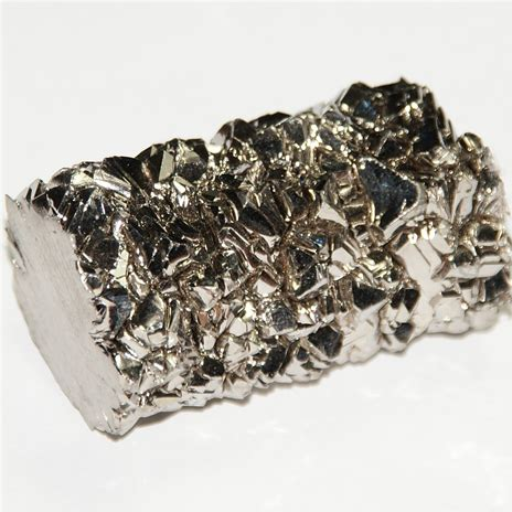
To investigate the differences between Steel and Titanium requires a factual, contextual standpoint approach: both metals serve a different purpose. “Per gram, titanium is much stronger compared to steel, thus having the element favorable in medical and aerospace industries,” remarked one respondent. On the flip side, some steels, especially the strongest wrought ones, are stronger than Titanium. Unlike titanium, steel has much more resistance when it comes to abrasion. In the end, the application of both metals is dependent upon the diverging needs: strength-to-weight ratio or weight-bearing capacity.
Comparing Titanium vs Stainless Steel Strength
In the contest between titanium and stainless steel strength, preserves relies on the specific use. Titanium is remarkable in its strength-to-weight ratio, which makes it favorable in aerospace industries where minimizing weight is critical. In contrast, stainless steel tends to offer much more hardness and absolute strength, outperforming the competition in wear resistance and enduring harsh environments. These considerations will help you decide if the primary consideration for your use is weight or consistency, or durability.
The Role of Titanium and Titanium Alloys in Strength
I’ll share what I’ve seen firsthand regarding titanium and titanium alloys in terms of strength. It never ceases to amaze me how titanium outperforms many other materials, especially when strength to strength-to-weight ratio is critical. Let me outline the factors that best explain its capabilities:
- Strength-to-Weight Ratio
Titanium is one of the metals with the strongest Strength to Weight Ratio. This means that it’s quite powerful but doesn’t come with extra weight which is why it is widely used in aerospace, sports, and even automotive. Structures are required to be as light as possible so that efficiency and performance can be improved. This is particularly important in these industries.
- Corrosion Resistance
One major pro from titanium and it’s alloys is their anti corrosion properties. Be it seawater, harsh chemicals, or some oxidizing environment, titanium will always stand the test of time. This makes it perfect for marine applications, chemical processing equipment, and even medical implants.
- High Tensile Strength
Depending on the composition, Titanium alloys can achieve incredible tensile strength making it ideal for any heavy and non-deforming load. For example, alloys like Ti-6Al-4V are quite common due to their performance in high stress conditions.
- Temperature Performance
Titanium performs exceptionally well across a wide range of temperatures. Other materials weaken at high temperatures, but titanium seems to become stronger and more reliable. This is crucial for the aviation jet engines and power generation systems industries.
- Biocompatibility
In the medical field, the usefulness of Biocompatibility is especially noteworthy. Due to the reason, it is one of the most preferred materials for surgical implants, prosthetics and dental instruments integration with human body does not have any toxic effects which is why it is much suitable fo titanium dental implants.
- Fatigue Resistance
The ability of titanium alloys to resist fatigue is another amazing quality. When put to repetitive loading or cyclical stress, titanium alloys manage to remain functional, making them suitable for use in dynamic applications like aircraft wings and other structural elements of an aircraft engine.
Every one of these factors substantiate why titanium and its alloys are used for applications which require strength with no compromise. Stainless steel might be the best in terms of hardness and harsh durability, however, when it comes to saving weight, resistance to corrosion, and multi-functionality, titanium’s unique properties blend makes it a top performer. This is exactly why choosing materials is so dependent on the characteristics required of the application being addressed!
Why Titanium is Stronger Than Many Metals
Titanium’s strength comes from its astonishing strength-to-weight ratio, which is higher than the majority of metals. Titanium keeps comparable strength to weight-bearing materials like steel, while effortlessly chucking the weight. In addition to this, titanium has remarkable corrosion resistance, which guarantees the material will endure harsh environments, making titanium ideal for the aerospace, medical, and marine industries. The incredible lightweight strength and efficiency allow titanium to outperform many metals in more demanding climates.
What are the Pros and Cons of Titanium?
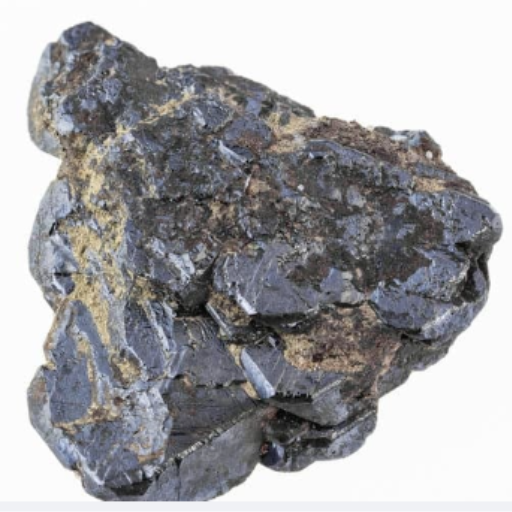
As for titanium, I have personally witnessed its properties change and improve different industries. One distinct advantage is the weight to strength ratio of titanium; it is very light, yet at the same time extremely strong which benefits the aerospace and medical equipment industries. Its resistance to corrosion is beneficial when considering seawater, chemicals, or harsh weather. Moreover, titanium’s biocompatibility makes it necessary for medical implants as well.
However, titanium is not free of hurdles. One major concern is the material’s cost; both raw titanium and titanium processing is expensive, which restricts its use to specific highly specialized fields. The toughness of titanium, along with other manufacturing methods, add hurdles to more titanium fabrication. While having outstanding properties, these considerations fundamentally limit where the costs are less than the benefits.
Advantages of Using Titanium vs Stainless Steel
Considering that Titanium has a great balance of strength and weight, it is easy to see why it’s popular in the aerospace and medical industries. Unlike stainless steel, which easily rusts out due to environmental conditions, such as saltwater and chemicals, titanium maintains its structural integrity, making it useful in extreme environments. Furthermore, titanium is highly biocompatible, making it the most favorable choice for medical implants. On the other hand, stainless steel is more affordable and easier to produce. But when it comes to high durability, lightweight, and long-lasting materials, titanium surpasses expectations.
Disadvantages of Titanium Compared to Stainless Steel
one of the main disadvantages of titanium in comparison to stainless steel is the cost. The pricing of titanium materials is much higher, both in terms of extraction and processing, which poses a problem for projects that require tight budgeting. Furthermore, titanium is highly durable, but significantly more difficult to machine and weld, often requiring specialized tools and knowledge, which increases production costs and overall project complexity. Another downside is the lower presence of titanium in comparison to stainless steel, leading to longer waiting times for procurement. Despite the incredible advantages titanium contains, in most cases, practical considerations tend to make stainless steel the more favorable option.
How Does Stainless Steel vs Titanium React to Corrosion?
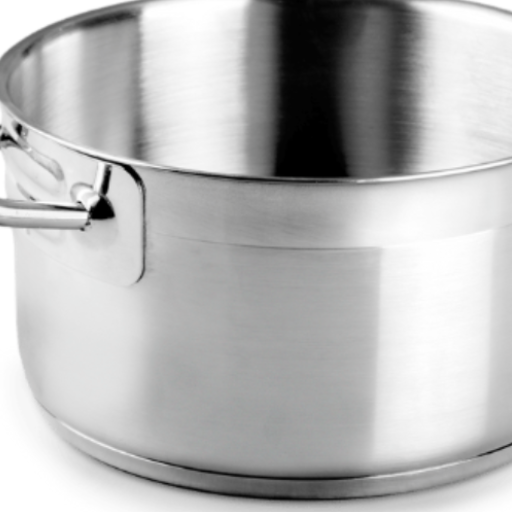
While both stainless steel and titanium are quite resistant to corrosion, titanium is superior in more corrosive environments. Stainless steel has a chromium oxide coating that keeps it from rusting under normal conditions, but it can unfortunately experience pitting and crevice corrosion when exposed to chloride-rich environments. On the other hand, titanium has an oxide coating that resists several corrosive substances, including saltwater, acidic conditions, and extreme temperatures. This allows titanium to be used in more severe corrosive environments, making it a better choice than stainless steel for those applications. Nonetheless, titanium cannot be overlooked, for, in general, stainless steel is more appropriate.
Excellent Corrosion Resistance of Titanium
I can stress how titanium alloys ‘ exceptional corrosion resistance compares to others in more demanding settings. I have witnessed the use of titanium in aerospace, marine, and even medical applications where materials need to withstand harsh environmental conditions. Its endurance under salt water, extreme chemicals, and aggressive weather conditions while maintaining structural integrity is phenomenal. While stainless steel performs admirably in general applications, it’s titanium’s weaknesses that make it less desirable in these dire situations. Its strength, where failure is not an option, cements its position as the metal of choice.
Corrosion Properties of Austenitic Stainless Steel
Austenitic stainless steel is known to have excellent corrosion resistance for a broad scope of use, from food processing to marine applications. Its reduced form of oxidation and pitting in moderately aggressive conditions is due to the presence of a robust passive oxide layer, which is formed by high chromium and nickel content. Furthermore, other grades such as 316 stainless steel also include molybdenum, which enhances resistance to chlorides, further broadening its use in abrasive environments. Nonetheless, austenitic stainless steel may require some care during selection or surface treatments for optimal performance under highly corrosive and stress-corrosion conditions.
Which is More Resistant: Titanium or Stainless Steel?
When evaluating resistance, the decision between titanium and stainless steel is mostly determined by the type of use and environmental aspects. Based on my experience, in highly corrosive environments such as seawater or chlorine, titanium often outdoes stainless steel because of its corrosion resistance and protective oxide layer. Conversely, stainless steel, particularly high-grade types such as 316, is less expensive and easier to fabricate, while still providing great durability and corrosion resistance in less aggressive conditions. If top-tier resistance while remaining lightweight is vital, titanium is essential; however, for a broad industrial use with stronger cost efficiency, stainless steel is a robust choice.
When to Use Stainless Steel and Titanium?
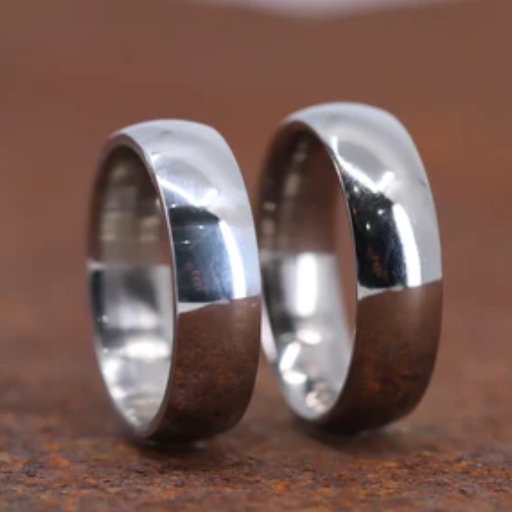
While opting for stainless steel or titanium, one needs to examine the particular details of their application first. Titanium is preferable in applications from aerospace to marine technologies and medicine, where a strong, lightweight structure is crucial. If fabrication ease, cost effectiveness, and moderate durability are essential, stainless steel is the go-to material in construction, food processing, and broad manufacturing industries.
Applications of Titanium and Stainless Steel in Industries
In my opinion, the decision between titanium and stainless steel depends on the requirements of the task at hand. For certain applications like building and manufacturing that are cost-sensitive yet require reasonable strength and durability, I prefer using stainless steel due to its low cost. Its widespread use in these industries stems from its great affordability and ease of fabrication. Though for niche applications, nothing beats titanium. Its strength-to-weight ratio coupled with its corrosion resistance, does wonders in aerospace components as well as harsh marine environments. Not to mention, its biocompatibility makes it extremely useful for medical implants, ensuring safety and durability. Understanding the differences between each material is crucial to leverage the advantages they present.
Choosing Between Titanium and Stainless Steel for Projects
The decision between titanium and stainless steel hinges on the specifications of the project. In circumstances where weight savings, enhanced corrosion resistance, and biocompatibility are vital, titanium becomes preferable, even at a higher cost. On the contrary, for applications where strength, cost efficiency, and simple fabrication are features of focus, stainless steel is more suited. Prioritize your objectives to identify which material is most suitable for your requirements.
Reference
- Titanium vs. Stainless Steel: Choosing the Right Material – SendCutSend
- Titanium Steel vs Stainless Steel: Know the Difference – Solitaire Overseas
- Stainless Steel vs Titanium – Longevity Discussion – Reddit
Frequently Asked Questions (FAQs)
Q: What is the main difference between stainless steel and titanium?
A: The main difference between stainless steel and titanium is that stainless steel is an alloy made primarily of iron, chromium, and other elements, while titanium is an element. Titanium is generally lighter and stronger than stainless steel and is known for its excellent corrosion resistance.
Q: Is titanium better than stainless steel for medical implants?
A: Titanium is often considered better than stainless steel for medical implants because it is biocompatible, meaning it is less likely to be rejected by the body. Titanium also has a high strength-to-weight ratio and excellent corrosion resistance, which makes it suitable for long-term implantation.
Q: How does the cost of titanium compare to stainless steel?
A: Titanium is generally more expensive than stainless steel due to its superior properties, such as being lighter and stronger, as well as its corrosion resistance. The cost difference also depends on the specific grades being compared.
Q: What are the advantages of using stainless steel over titanium?
A: Stainless steel offers several advantages over titanium, including being more cost-effective and widely available. It also has good mechanical properties and is often used in applications where strength and durability are important, such as in construction and cookware.
Q: Can titanium be used in applications where stainless steel is often used?
A: Yes, titanium can be used in many applications where stainless steel is often used, especially when weight reduction and corrosion resistance are critical factors. However, due to its higher cost, it is typically reserved for specialized applications.
Q: Is titanium stronger than stainless steel?
A: Titanium is generally stronger than stainless steel when compared to titanium alloys and similar steel grades. Its high strength-to-weight ratio makes it an attractive option for applications where both strength and weight are considerations.
Q: What are the typical applications for titanium and stainless steel?
A: Titanium is often used in aerospace, medical implants, and marine applications due to its lightweight and corrosion resistance. Stainless steel is widely used in construction, kitchenware, automotive, and industrial applications due to its strength, durability, and resistance to rust and staining.
Q: How do stainless steel grades affect their properties?
A: Different grades of stainless steel have varying properties that are tailored for specific applications. For example, martensitic stainless steel is known for its hardness and strength, while duplex stainless steel offers enhanced corrosion resistance. The choice of grade depends on the specific requirements of the application.
Q: Why is titanium considered biocompatible?
A: Titanium is considered biocompatible because it does not react adversely with body tissues. This property makes it ideal for medical implants and devices, as it reduces the risk of rejection and inflammation, ensuring a longer lifespan within the body.

